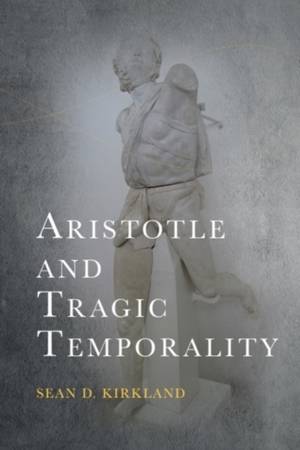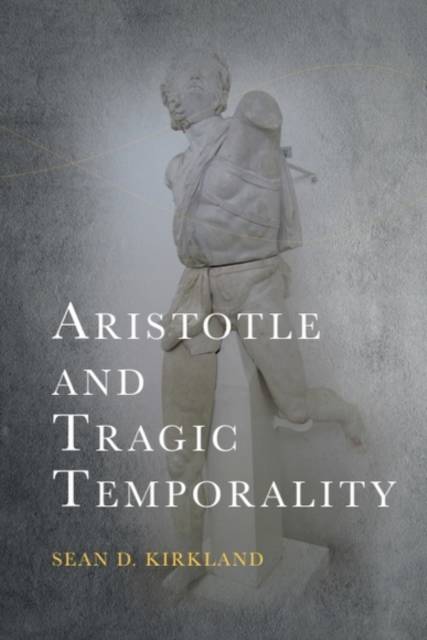
Bedankt voor het vertrouwen het afgelopen jaar! Om jou te bedanken bieden we GRATIS verzending (in België) aan op alles gedurende de hele maand januari.
- Afhalen na 1 uur in een winkel met voorraad
- In januari gratis thuislevering in België
- Ruim aanbod met 7 miljoen producten
Bedankt voor het vertrouwen het afgelopen jaar! Om jou te bedanken bieden we GRATIS verzending (in België) aan op alles gedurende de hele maand januari.
- Afhalen na 1 uur in een winkel met voorraad
- In januari gratis thuislevering in België
- Ruim aanbod met 7 miljoen producten
Zoeken
€ 201,45
+ 402 punten
Uitvoering
Omschrijving
Aristotle and Tragic Temporality treats a theme that has drawn scholarly attention for millennia: Aristotle on time and our experience of it. It does so, however, in a wholly unprecedented way, grounding its interpretation in his Poetics and Ethics, rather than the natural philosophy of the Physics. Sean D. Kirkland first takes up Aristotle's discussion of our tragic temporal situatedness--our having to act, think, and live always between a determining past we can never fully master and a projected future we can never fully anticipate. It is this condition that comes powerfully to light for Aristotle on stage in the performance of a tragic drama. The familiar Aristotelian 'virtue ethics' then becomes something radically new in the transforming light of the Poetics' temporality - an outline of how humans can inhabit that irremediably tragic condition, never overcoming or suspending it, and arrive nonetheless at something like happiness and excellence.
Specificaties
Betrokkenen
- Auteur(s):
- Uitgeverij:
Inhoud
- Aantal bladzijden:
- 264
- Taal:
- Engels
- Reeks:
Eigenschappen
- Productcode (EAN):
- 9781399536455
- Verschijningsdatum:
- 28/02/2025
- Uitvoering:
- Hardcover
- Formaat:
- Genaaid
- Afmetingen:
- 156 mm x 234 mm
- Gewicht:
- 544 g

Alleen bij Standaard Boekhandel
+ 402 punten op je klantenkaart van Standaard Boekhandel
Beoordelingen
We publiceren alleen reviews die voldoen aan de voorwaarden voor reviews. Bekijk onze voorwaarden voor reviews.









